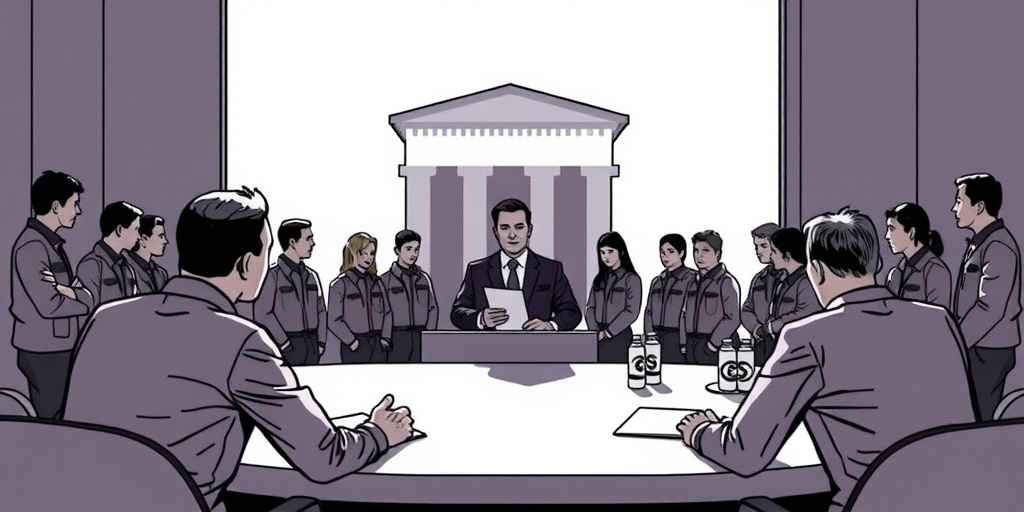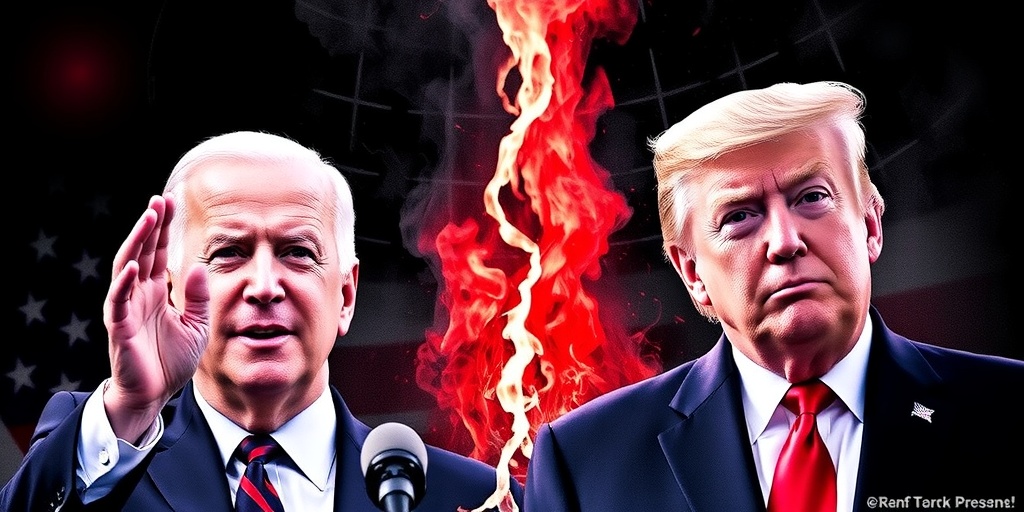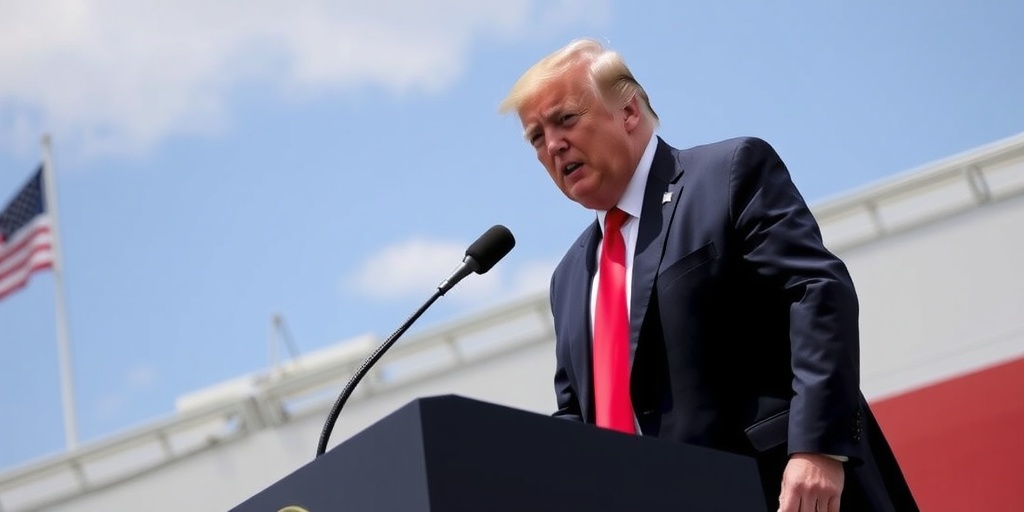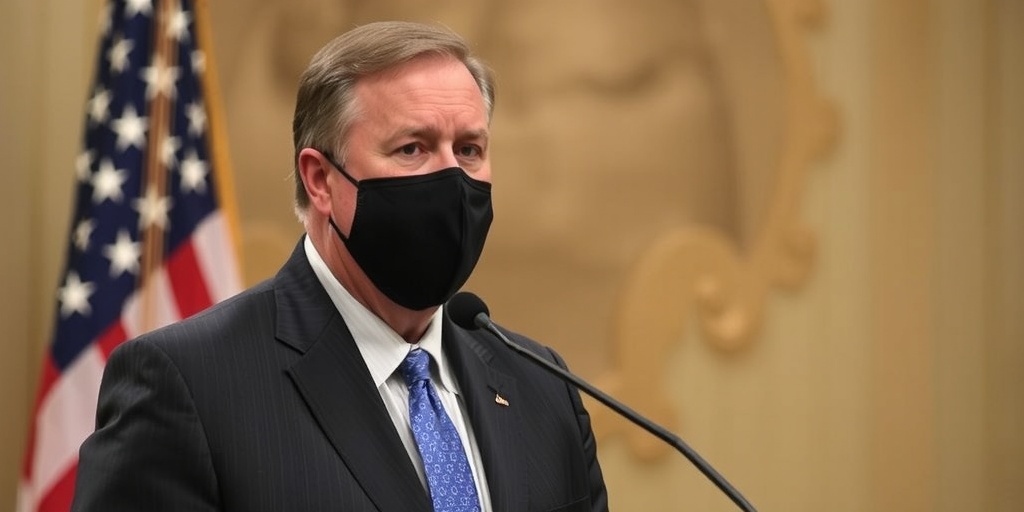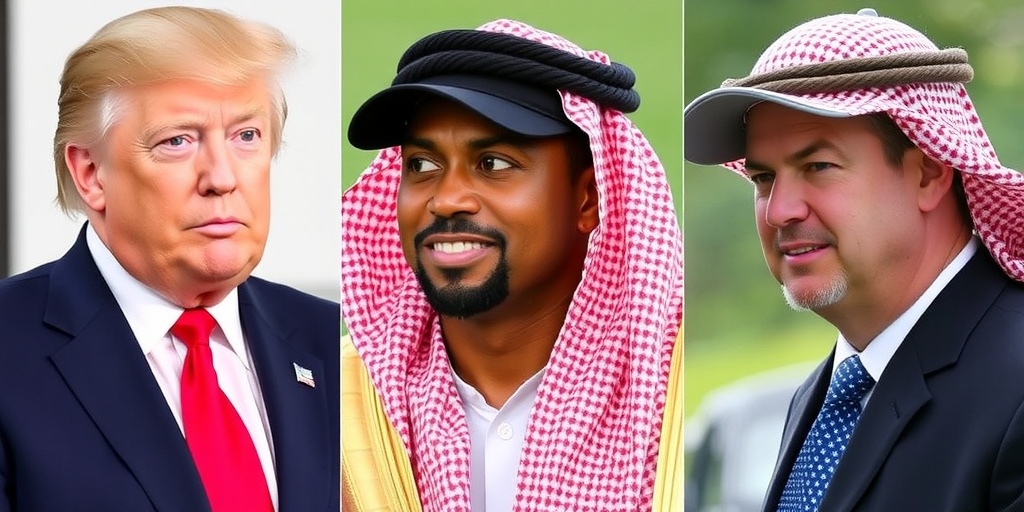Now Reading: Rubio’s Private Remarks on Russia Aim to Reassure Europeans
-
01
Rubio’s Private Remarks on Russia Aim to Reassure Europeans
Rubio’s Private Remarks on Russia Aim to Reassure Europeans
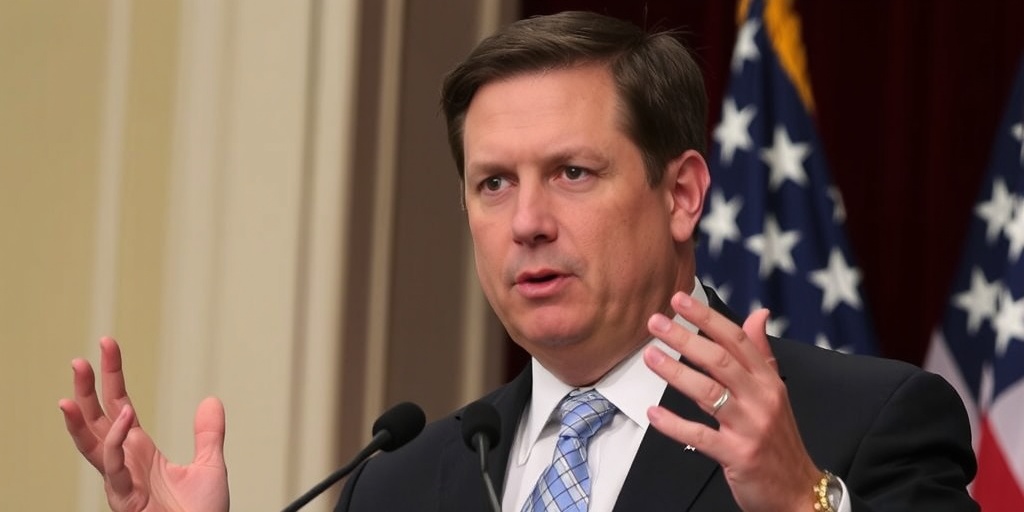
Title: Secretary of State Marco Rubio Initiates Talks with Russia Amid Controversy Over Ukraine War
In a significant diplomatic development, U.S. Secretary of State Marco Rubio recently engaged in discussions with Russian negotiators regarding the ongoing conflict in Ukraine. During these talks, held in Riyadh, Saudi Arabia, Rubio highlighted what he termed “incredible opportunities” for collaboration with Russia, signaling a potential shift in U.S.-Russia relations. This has raised eyebrows both domestically and among European allies, with many interpreting these overtures as a departure from established American policy toward Moscow.
Following the talks, which were characterized as a test to gauge Russia’s seriousness in seeking a resolution, Rubio sought to address the concerns of European leaders. He emphasized that these discussions did not signify a radical change in U.S. policy, as many had feared. Instead, he described the talks as a preliminary step in what could be a lengthy negotiation process aimed at fostering peace in Ukraine.
There was a palpable sense of caution among European officials, who expressed uncertainty regarding Rubio’s tempered analysis of the talks. During a briefing with various diplomats from across Europe, Rubio reassured them that the Trump administration had no intention to impose any potential agreement on Ukraine or Europe without their consensus. He reinforced that the U.S. would maintain its sanctions on Russia unless there was a marked change in Moscow’s behavior, although he did indicate some flexibility concerning the possibility of easing certain sanctions if Russia demonstrated a willingness to engage constructively.
Rubio’s remarks came in response to growing anxiety in Europe regarding the implications of a renewed engagement between the U.S. and Russia. Concerns have emerged that the Trump administration might be shifting away from its traditional role as a guarantor of European security, particularly in light of President Emmanuel Macron’s request for an emergency meeting to develop a unified strategy among European nations in response to these developments.
The backdrop to this diplomatic engagement is the longstanding U.S. policy of isolating the Kremlin following Russia’s 2022 invasion of Ukraine. However, in a striking contrast, Rubio’s dialogue in Riyadh was perceived by some as a pivot in the U.S. strategy. Notably, in the days following the meeting, President Trump made controversial statements that appeared to align with Russian President Vladimir Putin’s narratives on the conflict, even suggesting that Ukraine bore some blame for the war. Trump’s comments, which included labeling Ukrainian President Volodymyr Zelensky as a dictator and mocking Ukraine’s exclusion from negotiations, have further complicated the situation.
Despite these tensions, Rubio praised Trump for his unprecedented ability to engage in dialogue with Russia, suggesting that he was the only leader capable of facilitating such discussions between historical adversaries. In a meeting lasting more than four hours, he reported that both countries had agreed to pursue conversations regarding a peace settlement, though specifics about any agreements were limited.
Rubio’s overtures carried an underlying message of unity, as he attempted to reassure European allies about the intentions of the U.S. in future negotiations. He indicated that discussions would include potential steps to normalize diplomatic relations between the two nations, such as lifting restrictions on their respective embassies. This diplomatic gesture, according to Rubio, would serve as a preliminary gauge of Russia’s sincerity in pursuing peace.
Despite the cautious tone, Rubio admitted that it was too early to determine whether Russia was genuinely committed to reaching an agreement. However, he conveyed that the prospect of further discussions was warranted based on Russia’s initial responses. He concluded the call by affirming the importance of keeping American allies informed and the need for solidarity among them.
As this diplomatic engagement unfolds, the international community watches closely. The trajectory of U.S.-Russia relations and the implications for the war in Ukraine remain uncertain, with the balance of power and the future of European security hanging in the balance. The ongoing negotiations may serve as a pivotal moment in shaping the geopolitical landscape, underscoring the critical nature of multilateral cooperation in addressing the challenges presented by the Kremlin’s actions. As global tensions continue to rise, the outcome of these discussions could very well influence the course of the conflict in Ukraine and the broader international order.
Stay Informed With the Latest & Most Important News
Previous Post
Next Post
-
 01New technology breakthrough has everyone talking right now
01New technology breakthrough has everyone talking right now -
 02Unbelievable life hack everyone needs to try today
02Unbelievable life hack everyone needs to try today -
 03Fascinating discovery found buried deep beneath the ocean
03Fascinating discovery found buried deep beneath the ocean -
 04Man invents genius device that solves everyday problems
04Man invents genius device that solves everyday problems -
 05Shocking discovery that changes what we know forever
05Shocking discovery that changes what we know forever -
 06Internet goes wild over celebrity’s unexpected fashion choice
06Internet goes wild over celebrity’s unexpected fashion choice -
 07Rare animal sighting stuns scientists and wildlife lovers
07Rare animal sighting stuns scientists and wildlife lovers













